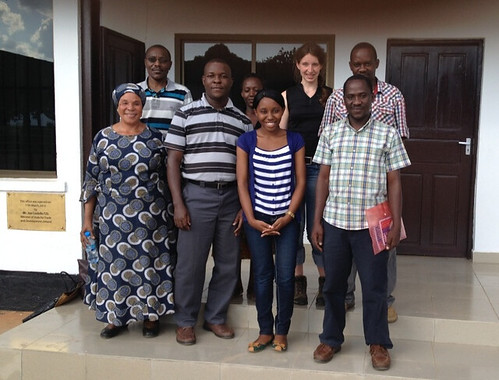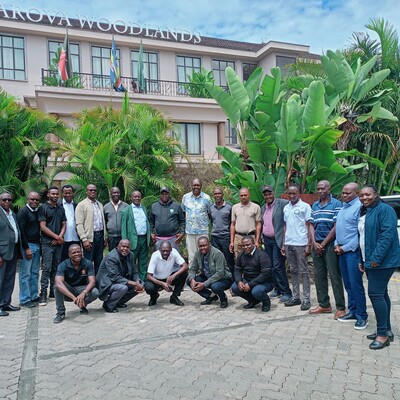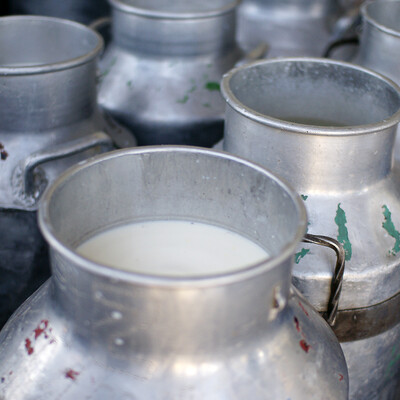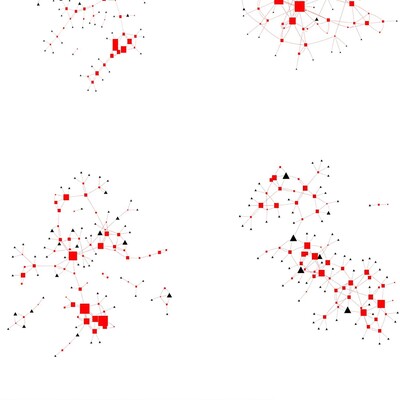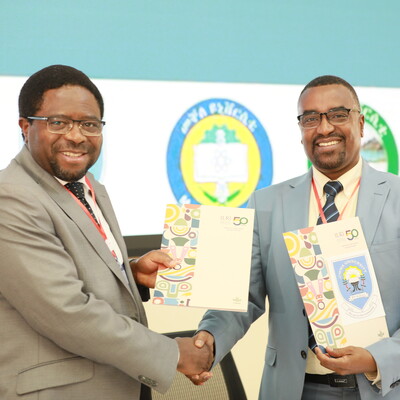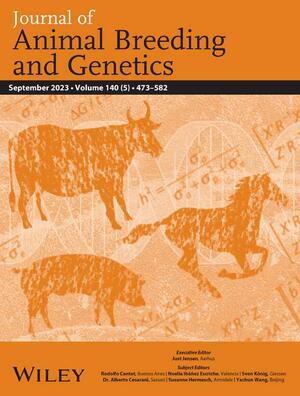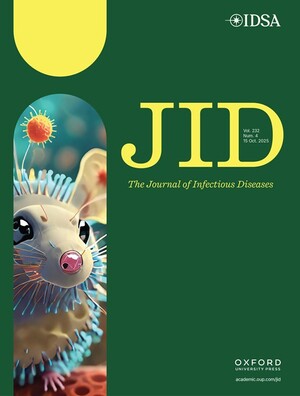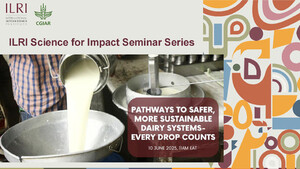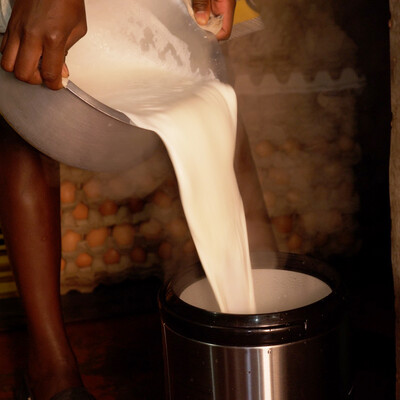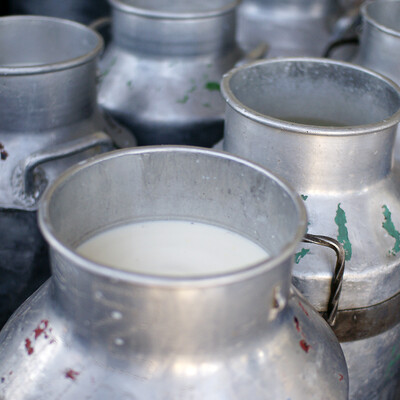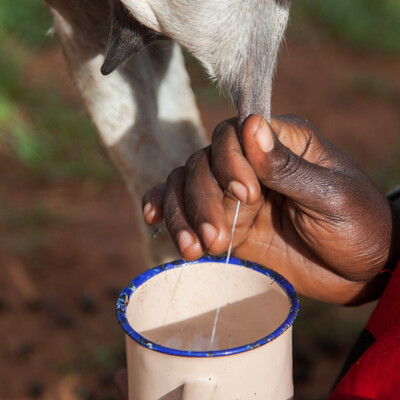
Safe Food, Fair Food project trains Tanzanian students and lab technicians on milk quality testing
Contributed by Alexandra Fetsch and Silvia Alonso
Four university students and three laboratory technicians from Sokoine University of Agriculture (SUA) in Morogoro and Kilimanjaro Christian Medical Centre in Moshi, Tanzania successfully completed a week-long training workshop on microbiological assessment of milk quality and safety.
The workshop was held on 17-23 March 2014 at the university’s food microbiology laboratory as part of activities by the Safe Food, Fair Food project to develop and strengthen the institutional capacity of SUA in microbiological assessment of food products.
The training was organized by the Federal Institute for Risk Assessment (BfR) Germany, with the technical and logistical support of the International Livestock Research Institute and facilitation support from SUA.
Through a combination of lectures and practical laboratory sessions, the participants gained from increased knowledge and understanding of theory as well as practical experience in enumerating, isolating and identifying various microorganisms found in raw milk, including foodborne pathogens.
They were also trained on how to test raw milk for the presence of microorganisms that cause mastitis (udder infection) and coliform bacteria like E. coli that indicate poor hygiene during milk handling at the farm.
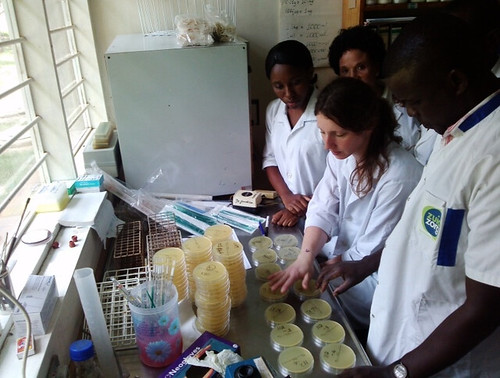
Alexandra Fetsch (centre), a microbiologist at the Federal Institute for Risk Assessment (BfR) Germany, trains Tanzanian MSc students and laboratory technicians on how to test the microbial quality of raw milk (photo credit: ILRI/Silvia Alonso).
Overall, the participants found the training to be very useful, particularly the hands-on laboratory sessions.
“I was very happy to learn about a variety of methods for microbiological testing of milk and I look forward to applying them when I get back to work,” said Almassy Juma Bora, a laboratory technician at Kilimanjaro Christian Medical Centre.
Cyriacus Faustin, a Master’s student at SUA, particularly enjoyed the practical sessions. “The teacher was very helpful and made a great effort to convey a lot of information in just a few days of training,” he remarked.





